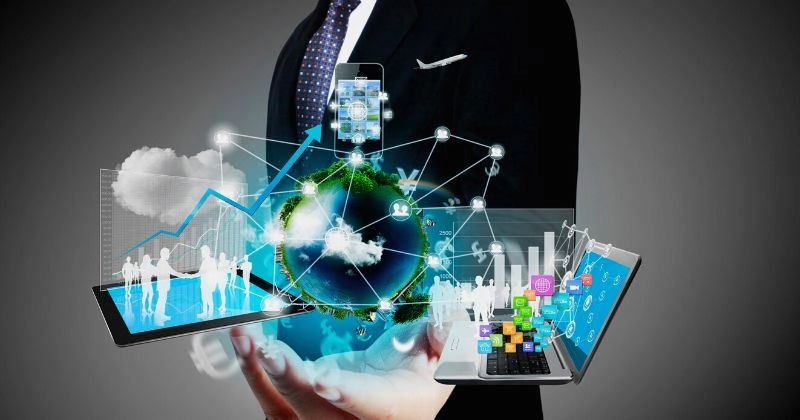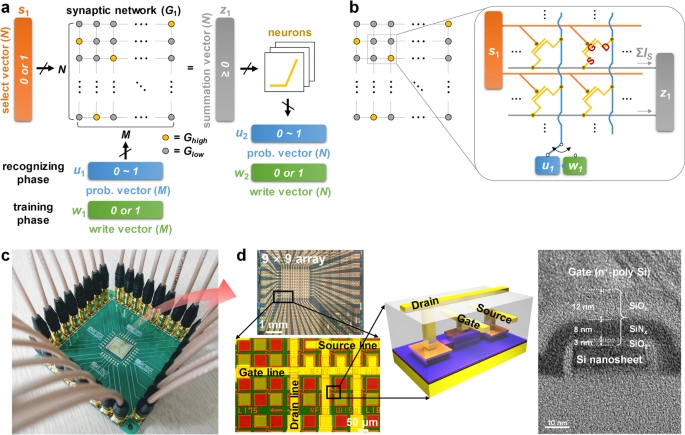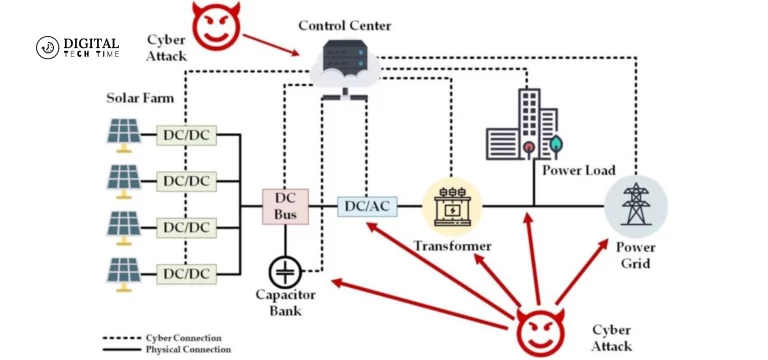Top Technologies That Changed The World
As we look back on the remarkable advancements that have shaped our world, it’s clear that technology has been a driving force behind the profound changes we’ve witnessed. From the invention of the wheel to the rise of artificial intelligence, the technologies that have emerged over the centuries have not only transformed how we live, work, and communicate but have also profoundly impacted the course of human history.
This comprehensive article will explore the 100 technologies that have had the most revolutionary impact on our world. We’ll delve into the stories behind these innovations, uncover their far-reaching consequences, and gain a deeper understanding of how they have forever altered the fabric of our society.
Table of Contents
Milestones in Innovations Technologies That Transformed Society
The Invention of the Wheel and Its Impact on Transportation
The wheel is undoubtedly one of human history’s most fundamental and transformative technologies. Its invention, dating back to around 3500 BCE, revolutionized how we move and transport goods, ushering in a new era of mobility and efficiency. The wheel’s impact on transportation cannot be overstated, as it paved the way for the development of carts, chariots, and, eventually, the modern vehicles we rely on today.
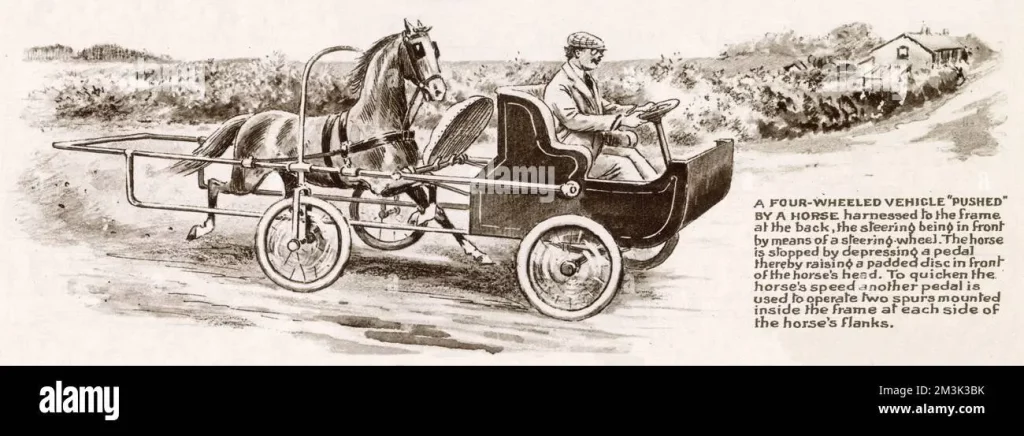
- The wheel’s role in the development of early civilizations
- How the wheel transformed trade and commerce
- The evolution of wheel-based transportation, from horse-drawn carriages to automobiles
The Printing Press: Revolutionizing the Spread of Knowledge
Johannes Gutenberg’s invention of the printing press in the 15th century was a watershed moment in human history. This revolutionary technology enabled the mass production of books and the widespread dissemination of information, forever changing how knowledge was accessed and shared. The printing press played a crucial role in the Renaissance, the Reformation, and the subsequent Enlightenment, as it facilitated the rapid exchange of ideas and the democratization of knowledge.
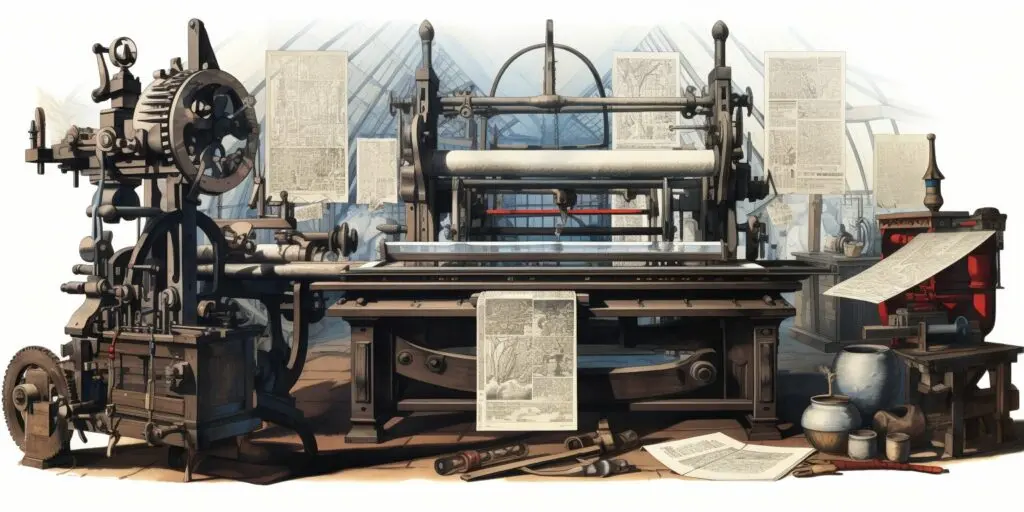
- The impact of the printing press on literacy and education
- How the printing press transformed the spread of information and ideas
- The lasting legacy of the printing press in the digital age
The Steam Engine: Powering the Industrial Revolution
The steam engine, first developed in the late 18th century, was a pivotal technology that ushered in the Industrial Revolution. This powerful machine, capable of converting the energy stored in steam into mechanical power, revolutionized industries such as transportation, manufacturing, and mining. The steam engine’s ability to drive machinery and power locomotives paved the way for the mass production of goods, the expansion of trade, and the rapid urbanization that defined the Industrial Revolution.
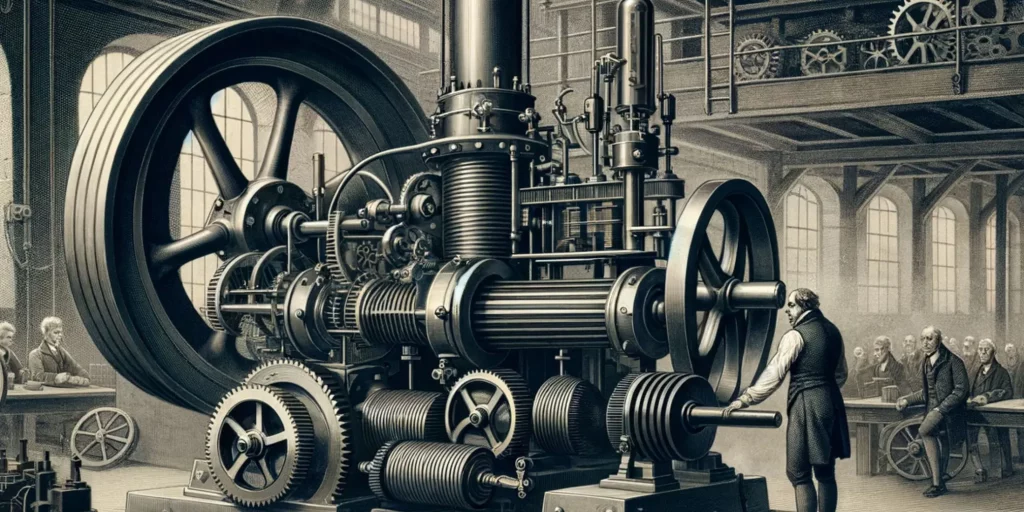
- The key innovations that led to the development of the steam engine
- The steam engine’s impact on transportation, from steamships to steam-powered trains
- The role of the steam engine in the industrialization of the 19th century
The Telephone: Connecting People Across Distances
The telephone, invented by Alexander Graham Bell in 1876, was a transformative technology that forever changed how people communicated. The telephone revolutionized business, social interactions, and emergency response systems by enabling real-time voice communication over long distances. The telephone’s impact on global connectivity and the rapid exchange of information cannot be overstated, as it laid the foundation for the modern telecommunications industry.
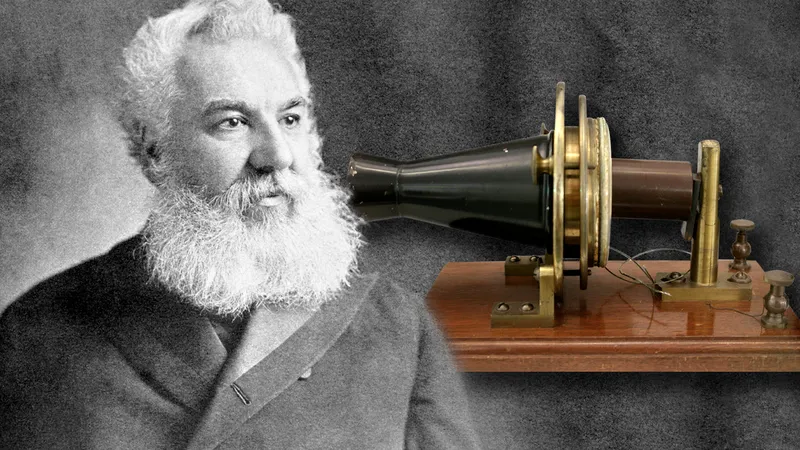
- The evolution of telephone technology, from early models to modern smartphones
- The telephone’s role in facilitating long-distance communication and collaboration
- The telephone’s contribution to the development of the modern telecommunications industry
The Internet: Transforming Communication and Information Sharing
The Internet, a global network of interconnected computer networks, is undoubtedly one of the most revolutionary technologies of the modern era. Developed in the 1960s and 1970s, the Internet has radically transformed the way we access and share information, communicate with one another, and conduct business. From the World Wide Web to social media, the Internet has profoundly impacted nearly every aspect of our lives, ushering in a new era of global connectivity and digital transformation.

- The history and evolution of the Internet, from its early beginnings to the present day
- The Internet’s impact on communication, including the rise of email, instant messaging, and social media
- The Internet’s role in revolutionizing the way we access and consume information, from online news to e-commerce
The Smartphone: A Pocket-Sized Revolution
The smartphone, a handheld device that combines the functions of a mobile phone, a computer, and a camera, has been one of the most transformative technologies of the 21st century. Introduced in the late 2000s, the smartphone has become an indispensable tool in our daily lives, enabling us to stay connected, access information, and perform myriad tasks with the tap of a screen. The smartphone’s impact on our personal and professional lives has been profound, reshaping how we communicate, work, and entertain ourselves.

- The evolution of mobile phone technology, from the early brick phones to the modern smartphone
- The smartphone’s impact on communication, productivity, and entertainment
- The Smartphone’s Role in the Rise of Mobile Applications and the app Economy
The Electric Light Bulb: Illuminating the World
The electric light bulb, invented by Thomas Edison in the late 19th century, is a technology that has had a profound impact on the way we live and work. By providing a reliable and efficient source of artificial lighting, the electric light bulb transformed how we utilize and experience time, enabling us to extend our activities well into the night and revolutionizing industries such as manufacturing, transportation, and urban development.
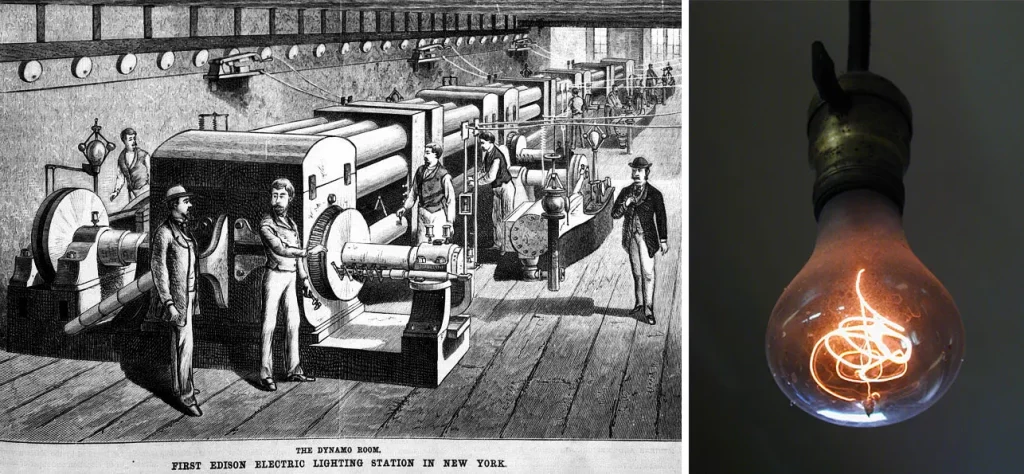
- The history and evolution of electric lighting, from the early incandescent bulbs to modern LED technology
- The electric light bulb’s impact on daily life, from extending the workday to enabling the development of night-time entertainment
- The environmental and energy-saving implications of the electric light bulb and its modern counterparts
The Personal Computer: Empowering Individuals and Businesses
The personal computer, first introduced in the 1970s, has been a transformative technology that has empowered individuals and revolutionized how we work, learn, and interact with information. By putting the power of computing into the hands of the masses, the personal computer has democratized access to information, facilitated the rise of the digital economy, and enabled new modes of creativity and collaboration.

- The evolution of personal computing, from the early mainframe computers to the modern laptop and desktop
- The personal computer’s impact on productivity, education, and creative expression
- The role of the personal computer in the digital revolution and the rise of the information age
The GPS: Navigating the World with Precision
The Global Positioning System (GPS), a network of satellites that provides location and time information to GPS receivers, is a transformative technology that has revolutionized the way we navigate and interact with the world around us. From guiding us to our destinations to enabling the development of location-based services and applications, GPS has profoundly impacted transportation, logistics, and how we experience our physical environment.
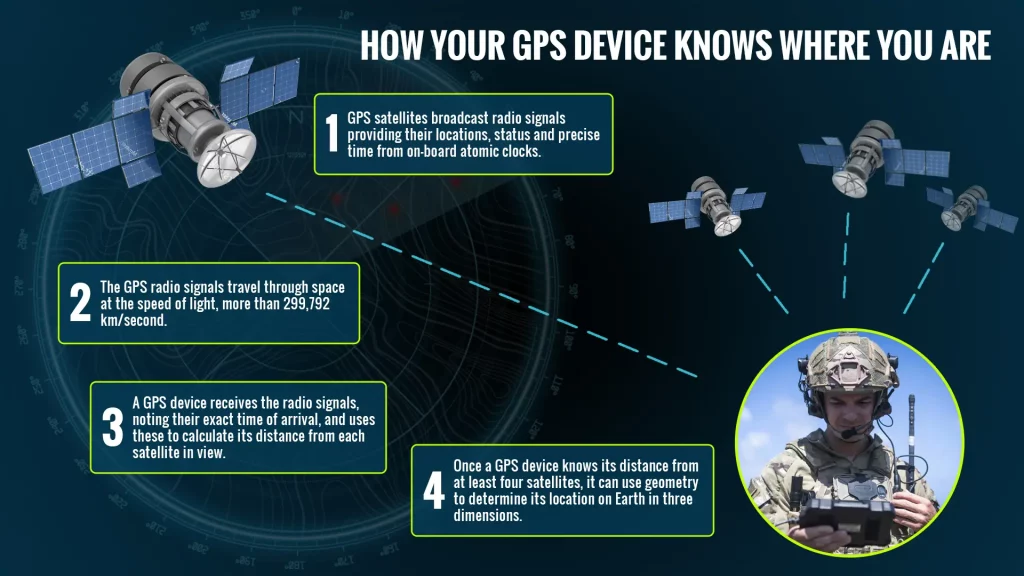
- The history and development of GPS technology, from its origins in the military to its widespread civilian applications
- The impact of GPS on transportation, including the rise of turn-by-turn navigation and fleet management
- The role of GPS in the development of location-based services and the integration of spatial data into our daily lives
The Camera: Capturing Moments and Memories
The camera, a device that captures and records visual images, has been a revolutionary technology that has transformed the way we document and share our experiences. From the early daguerreotype cameras to the ubiquitous smartphone cameras of today, the camera has played a pivotal role in preserving history, capturing memories, and shaping our visual culture.

- The evolution of camera technology, from the first photographic experiments to the digital revolution
- The camera’s impact on journalism, documentary filmmaking, and the visual arts
- The role of the camera in the rise of social media and the democratization of visual storytelling
The Television: Bringing the World into Our Living Rooms
The television, a device that transmits and receives moving images and sound, has been a transformative technology that has profoundly shaped our culture, entertainment, and understanding of the world. From the early days of black-and-white broadcasts to today’s high-definition, internet-connected televisions, this technology has revolutionized how we consume and experience media while also significantly shaping public opinion and cultural norms.

- The history and development of television technology, from the first mechanical systems to the modern digital era
- The television’s impact on the entertainment industry, including the rise of television programming and the influence of news media
- The role of television in shaping popular culture, social discourse, and our collective understanding of the world
The Airplane: Shrinking the World and Expanding Horizons
The airplane, a powered, heavier-than-air aircraft capable of sustained flight, is a transformative technology that has revolutionized the way we travel and experience the world. From the pioneering flights of the Wright brothers to the modern jet age, the aeroplane has shrunk the globe, enabling us to traverse vast distances in a fraction of the time and opening up new opportunities for exploration, commerce, and cultural exchange.

- The history and development of aviation technology, from the early experiments with flight to the rise of commercial air travel
- The aeroplane’s impact on global connectivity, including the facilitation of international trade, tourism, and the spread of ideas
- The environmental and societal challenges posed by the growth of air travel and the ongoing efforts to make aviation more sustainable
The Microwave Oven: Revolutionizing Cooking and Food Preparation
The microwave oven, a device that uses microwave radiation to heat and cook food, has been a transformative technology that has revolutionized the way we prepare and consume meals. By providing a fast, efficient, and convenient method of heating and cooking, the microwave oven has significantly impacted the culinary industry, the home kitchen, and how we approach food preparation in our daily lives.

- The history and development of microwave oven technology, from its origins in radar systems to its widespread adoption in households
- The microwave oven’s impact on the culinary industry, including the rise of frozen and pre-packaged meals
- The role of the microwave oven in shaping our food culture and the way we approach meal preparation in the modern era
The MRI Machine: Advancing Medical Diagnostics
The Magnetic Resonance Imaging (MRI) machine, a medical imaging device that uses strong magnetic fields and radio waves to generate detailed images of the body’s internal structures, has been a transformative technology in healthcare. By providing healthcare professionals with a non-invasive and highly accurate method of diagnosing and monitoring a wide range of medical conditions, the MRI machine has revolutionized how we approach medical imaging and has profoundly impacted the advancement of modern medicine.
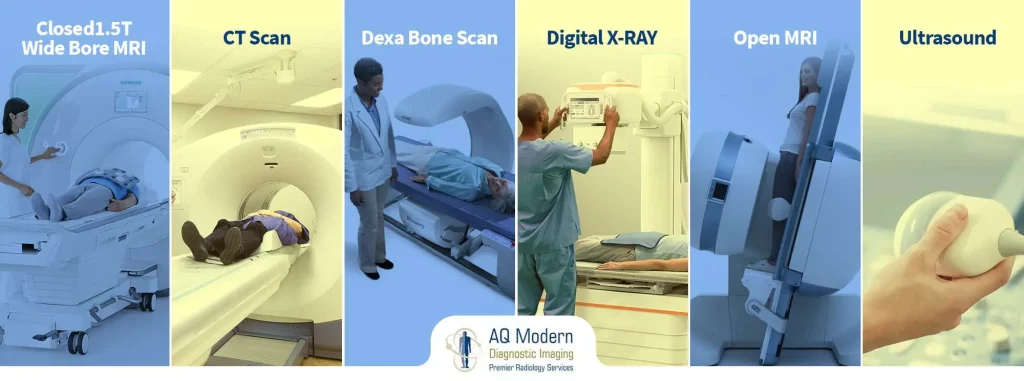
- The history and development of MRI technology, from its early experiments to its widespread adoption in healthcare
- The MRI machine’s impact on the diagnosis and treatment of various medical conditions, including cancer, neurological disorders, and musculoskeletal injuries
- The role of the MRI machine in the ongoing evolution of medical imaging and the advancement of healthcare technologies
The Solar Panel: Harnessing the Power of the Sun
The solar panel, a device that converts sunlight into electrical energy, has been a transformative technology in renewable energy. By harnessing the abundant and renewable power of the sun, solar panels have played a crucial role in the transition towards a more sustainable and environmentally friendly energy future, reducing our reliance on fossil fuels and contributing to the fight against climate change.
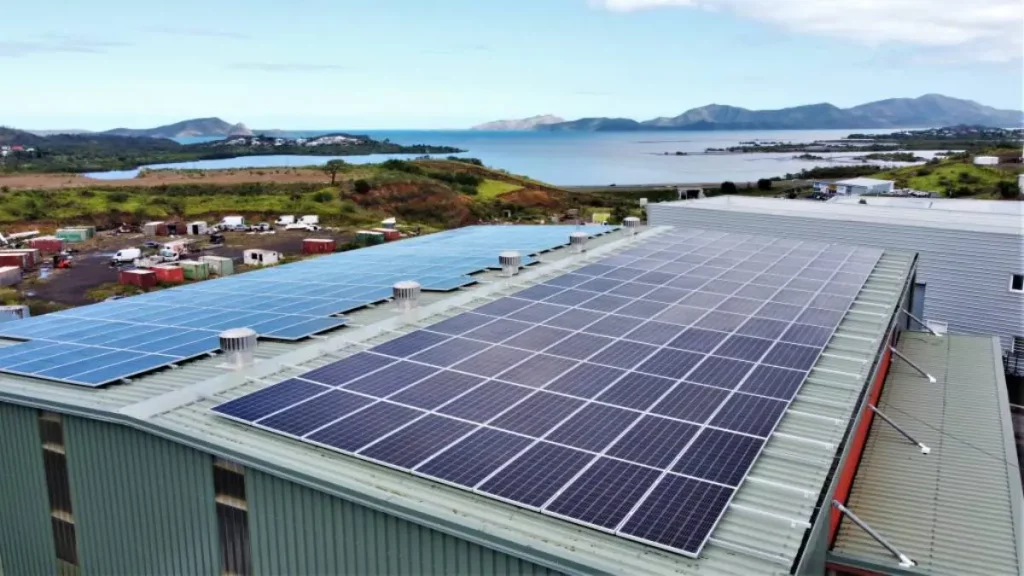
- The history and development of solar panel technology, from the early photovoltaic cells to the modern, high-efficiency panels
- The impact of solar panels on the energy industry, including the growth of the solar power sector and the increasing affordability of renewable energy
- The role of solar panels in the broader shift towards a sustainable and decarbonized global economy and their potential to address the pressing environmental challenges we face
E-commerce: Changing the Way We Shop
E-commerce, the buying and selling of goods and services over the Internet, has been a transformative technology that has fundamentally changed the retail landscape and how we approach shopping. By providing consumers with a convenient, accessible, and personalized shopping experience, e-commerce has disrupted traditional brick-and-mortar stores, leading to the rise of online marketplaces, the growth of e-commerce platforms, and the evolution of supply chain management and logistics.

- The history and development of e-commerce, from the early days of online shopping to the rise of significant e-commerce giants
- The impact of e-commerce on consumer behaviour, including the changing expectations and preferences of modern shoppers
- The role of e-commerce in shaping the future of retail, logistics, and the global economy
Social Media: Connecting People and Shaping Culture
Social media, a collection of online platforms and applications enabling users to create, share, and interact with content, has been a transformative technology that has profoundly impacted how we communicate, socialize, and consume information. From the early days of social networking sites to the rise of platforms like Facebook, Twitter, and Instagram, social media has revolutionized how we build relationships, access news and entertainment, and participate in cultural discourse.

- The history and evolution of social media, from the early bulletin board systems to the modern, mobile-first platforms
- The impact of social media on communication, including the changing dynamics of interpersonal relationships and the democratization of content creation
- The role of social media in shaping cultural trends, political narratives, and the global information landscape
Blockchain: Revolutionizing Finance and Beyond
Blockchain, a decentralized and distributed digital ledger technology, has been a transformative innovation that can potentially disrupt various industries, from finance and banking to supply chain management and digital identity. By providing a secure, transparent, and tamper-resistant way to record and verify transactions, blockchain can revolutionize how we approach everything from financial transactions to the ownership and exchange of digital assets.
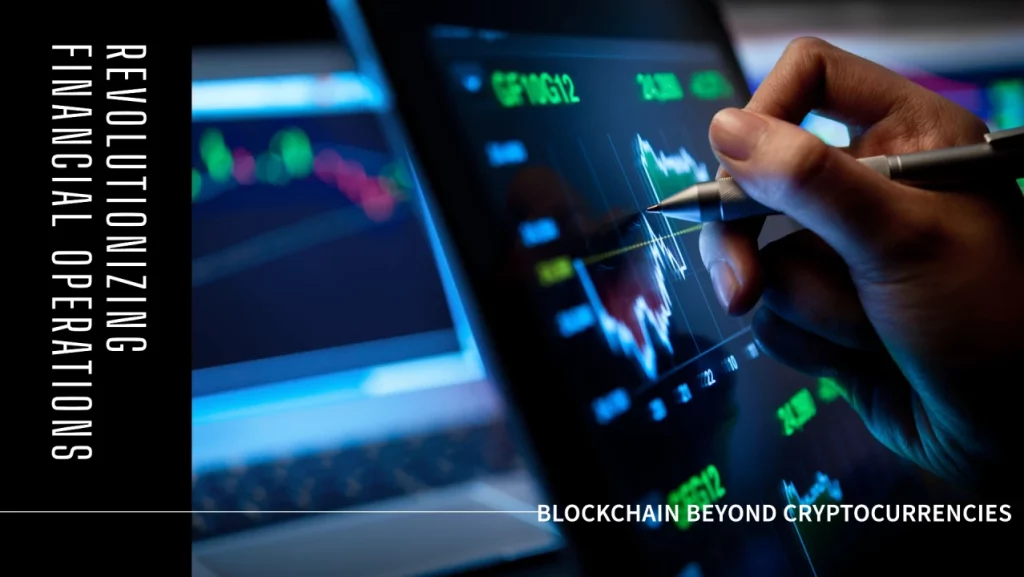
- The history and technical foundations of blockchain technology, including its origins in the development of Bitcoin
- The potential applications of blockchain beyond cryptocurrency, including its impact on industries such as supply chain management, real estate, and healthcare
- The challenges and regulatory considerations surrounding the widespread adoption of blockchain technology and its ongoing evolution in the digital age
The Electric Car: Driving Towards a Sustainable Future
The electric car, a vehicle powered by one or more electric motors that use energy stored in rechargeable batteries, is a transformative technology driving us towards a more sustainable and environmentally friendly future. By reducing our reliance on fossil fuels and offering a cleaner, more efficient mode of transportation, the electric car has the potential to play a crucial role in the fight against climate change and the transition to a low-carbon economy.
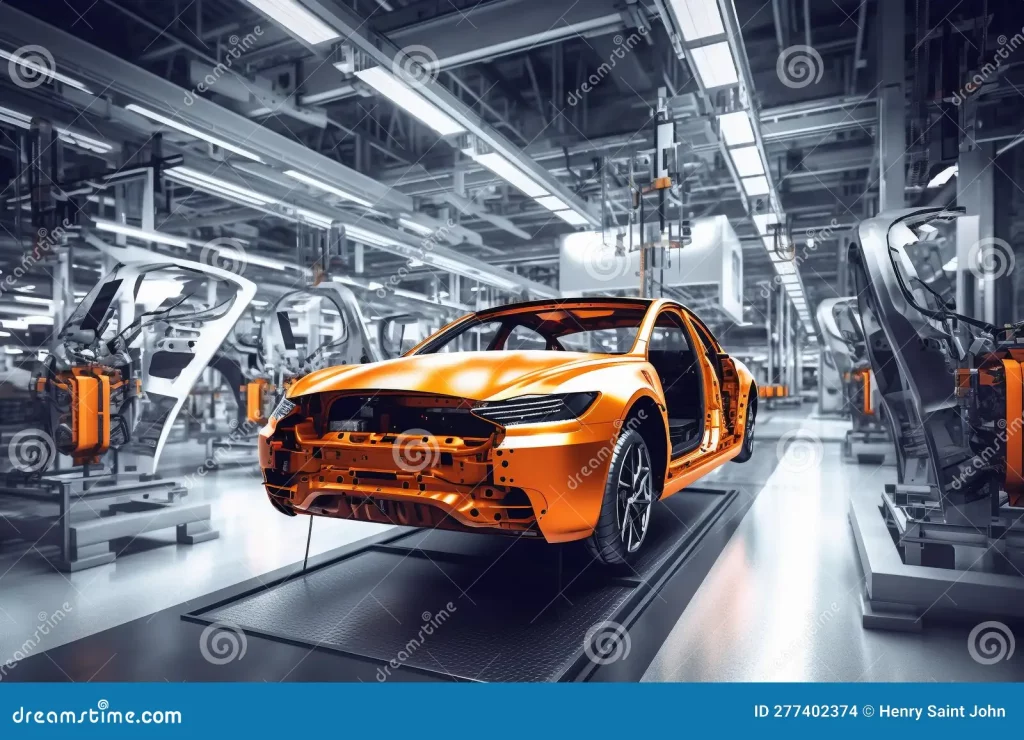
- The history and development of electric vehicle technology, from the early experiments to the modern, long-range electric cars
- The environmental and economic benefits of electric vehicles, including their impact on reducing greenhouse gas emissions and the potential to lower fuel and maintenance costs
- The challenges and barriers to the widespread adoption of electric vehicles, such as infrastructure development, battery technology, and consumer acceptance, and the ongoing efforts to address these issues
Artificial Intelligence: Redefining the Limits of Technology
Artificial Intelligence (AI), the field of computer science that focuses on developing systems capable of performing tasks that typically require human intelligence, such as learning, problem-solving, and decision-making, has been a transformative technology that has redefined the limits of what is possible. From machine learning algorithms that power personalized recommendations to autonomous systems that revolutionize industries, AI has the potential to fundamentally reshape the way we live, work, and interact with technology.
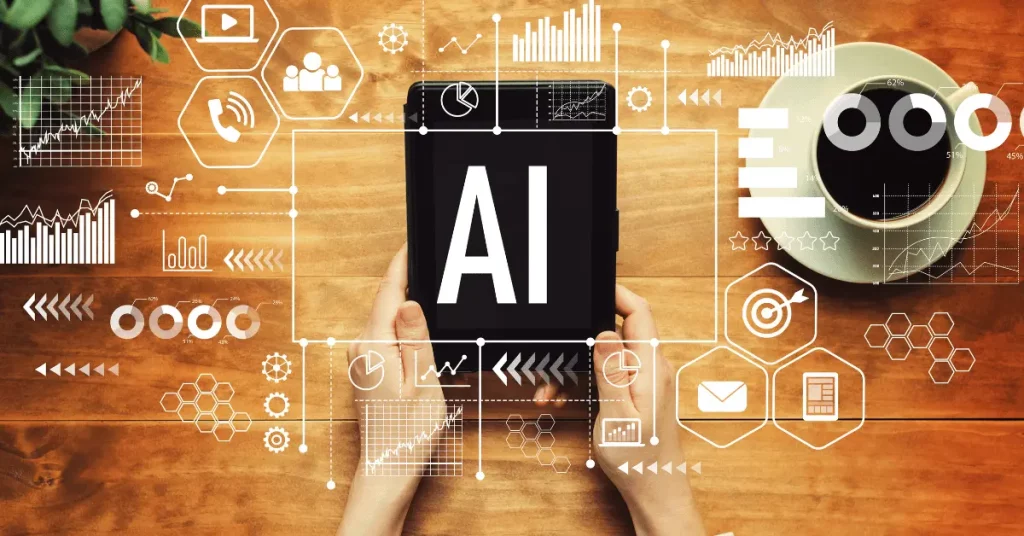
- The history and evolution of artificial intelligence, from the early experiments in machine learning to the recent advancements in deep learning and neural networks
- The impact of AI on various industries, including healthcare, transportation, finance, and entertainment, and its potential to enhance human capabilities and automate routine tasks
- The ethical and societal challenges associated with the development and deployment of AI systems and the ongoing efforts to ensure the responsible and equitable use of this transformative technology
Related Post: Sci-Fi Legends Who Transformed Today’s Technology
Conclusion
As we have explored the 100 technologies that have had the most revolutionary impact on our world, it’s clear that technological change continues to accelerate. Each of these innovations, from the invention of the wheel to the rise of artificial intelligence, has profoundly shaped our society, economy, and way of life.
As we look to the future, imagining the breakthroughs and transformative technologies yet to come is exciting. By staying informed and embracing the power of innovation, we can all play a role in shaping the world of tomorrow. Please continue exploring the fascinating world of technology and stay curious about the endless possibilities.

